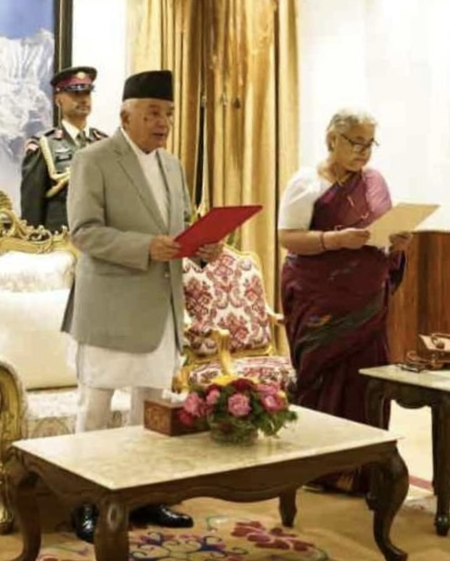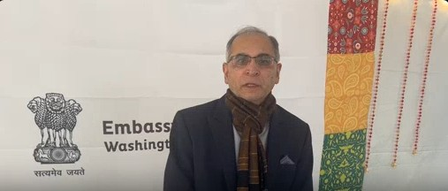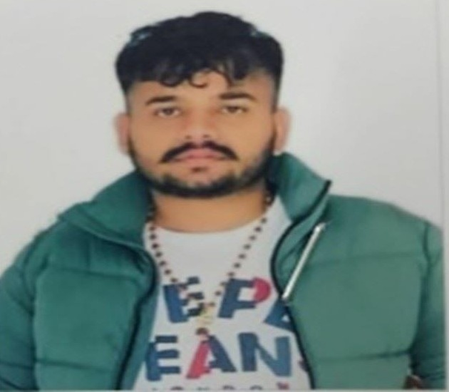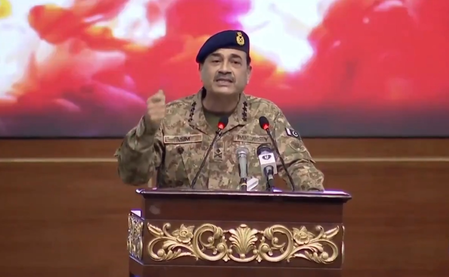
New Delhi, Sep 13 (IANS) India welcomed the formation of a new interim government in Nepal under the leadership of former Chief Justice Sushila Karki, expressing hope that the political transition would contribute to peace and stability.
In a statement released by the Ministry of External Affairs (MEA), it reiterated its commitment to strengthening ties with Kathmandu during this period of change.
“We welcome the formation of a new Interim Government in Nepal, led by Right Honourable Mrs Sushila Karki. We are hopeful that this would help in fostering peace and stability,” the MEA said.
The ministry added, “As a close neighbour, a fellow democracy and a long-term development partner, India will continue to work closely with Nepal for the well-being and prosperity of our two peoples and countries.”
Karki, 73, was sworn in as Nepal’s interim Prime Minister on Friday night by President Ramchandra Paudel, becoming the first woman in the country’s history to hold the top executive post. Her appointment followed days of intense political turmoil and mass protests that eventually led to the resignation of Prime Minister KP Sharma Oli and the collapse of his government.
According to officials in Kathmandu, Karki was chosen as a consensus candidate during an emergency meeting between President Paudel, senior military officials, and leaders of the youth-led protest movement that catalyzed the political upheaval.
The Gen Z protests, initially sparked by a controversial ban on social media platforms, quickly morphed into a larger movement against corruption and perceived elitism in Nepal’s political class.
The government had lifted the ban earlier this week, but demonstrations intensified, targeting long-standing issues of governance, transparency, and inequality.
According to the latest figures from Nepal Police, at least 50 people have lost their lives since the protests turned violent on Monday.
President Paudel has confirmed that the interim government, under Karki’s leadership, will be responsible for conducting fresh parliamentary elections within the next six months.
–IANS
rs/




